It is difficult to imagine a modern home without a refrigerator. The principle of its operation is quite simple, caring for the unit is also easy. However, a “food keeper” is not a cupboard for everything. Some foods that are habitually stored in the refrigerator only suffer from low temperature and humidity and spoil even faster.
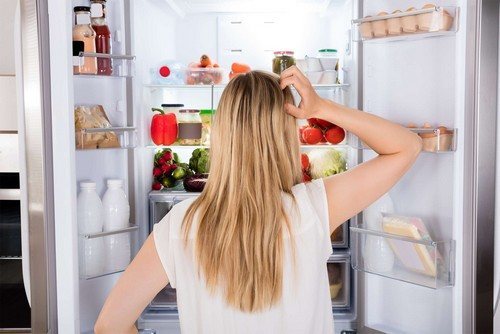
Potato
It is used for preparing many dishes, and therefore they buy it in stock and often store it in the refrigerator. This should not be done for several reasons:
- When exposed to cold, vegetable starch breaks down into sugar, which accelerates the process of spoilage of the product, and the finished potato acquires a sweet taste;
- condensation formed on the surface of the tuber leads to its rapid deterioration;
- Potatoes take up a lot of space in the refrigerator drawer.
The ideal conditions for storing potatoes are a dark, dry place away from heat sources. In addition, it is necessary to use a paper or cloth bag, because... Potatoes in cellophane and polyethylene do not “breathe” and quickly deteriorate.
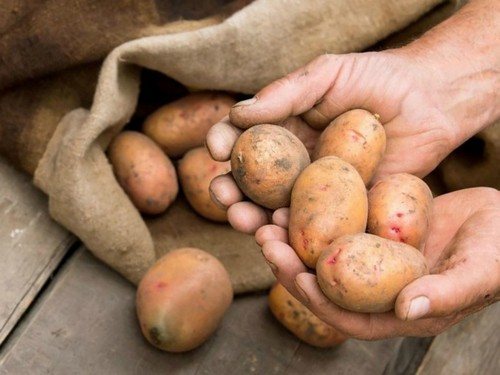
Garlic
He is also a “guest” of refrigerators in many apartments. Humidity and low temperatures cause the garlic head to rot. Freezing for future use changes the structure and taste of the product.
The optimal storage temperature for this product is 160 C. In addition, the room should be well ventilated, and the vegetable itself should be placed in a basket, fabric or paper bag.
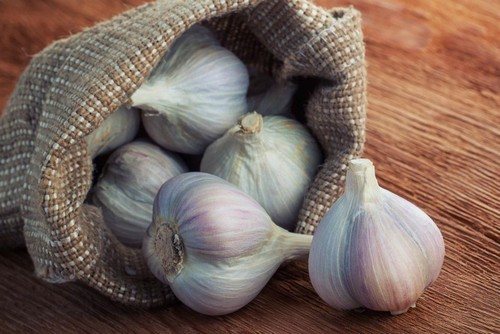
Tomatoes
The ideal storage temperature for tomatoes is 12-20 degrees. This is for those fruits that are not yet ripe. If they are placed in a refrigerator in which the temperature is only 4 0 C, they get frostbite, the skin turns black without ripening, and the fruit itself softens.
As for ripe tomatoes, prolonged storage at room temperature will not do them any good. Therefore, if you are not going to eat them in a couple of days, place them in the refrigerator, but on the top shelf and closer to the door, where the temperature is usually higher.
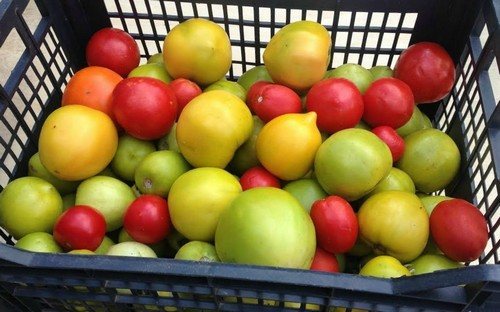
Canned food
Preservation initially involves storing food without refrigeration. Unopened jars do well in the pantry or kitchen cabinets. This applies to both store-bought canned fish and vegetables and homemade pickles.
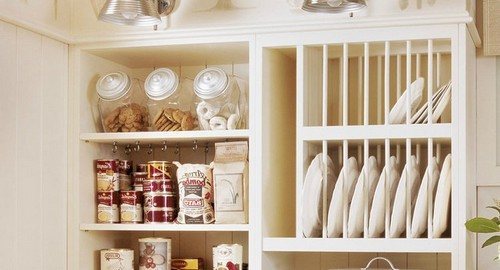
Bananas
Fruit grown in the tropics does not tolerate low temperatures. From cold and excess moisture, the skin quickly turns black, and the banana itself becomes unpleasantly soft. In addition, the starch of an unripe fruit, when exposed to low temperatures, does not have time to go through all stages of transformation to glucose, which makes it far from useful for children, pregnant women and people suffering from diseases of the digestive tract.
The fruit should be stored at room temperature, with an arc facing upwards or in a suspended state to prevent the formation of bedsores. To prevent ripe bananas from spoiling longer, you need to wrap the base of the bunch with cling film.
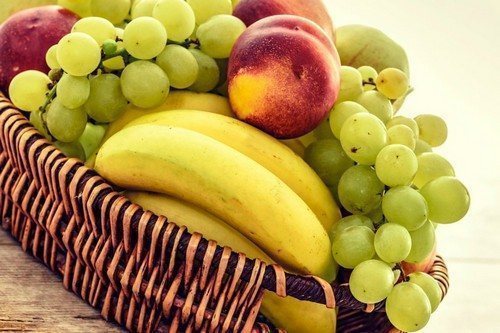
Citrus
Lemons, limes, oranges and tangerines do not like low temperatures and high humidity. Not only do they spoil, but they also absorb odors from other foods stored in the refrigerator.If you really want to enjoy cool citrus or fresh juice, you need to consume the fruit on the same day it was placed in the cold.
Citrus fruits should be stored in boxes or baskets at room temperature and sorted out regularly to prevent them from spoiling.

Olive oil
A noble inhabitant of many cuisines. When stored in the refrigerator, a suspension of valuable substances precipitates. In order for them to dissolve again, you will have to keep the oil for a long time at room temperature, because heating will lead to a loss of taste and quality of the oil. But it is usually required here and now.
Store the bottle in a closet or on a work surface with the lid tightly closed to prevent oxidation by atmospheric oxygen.
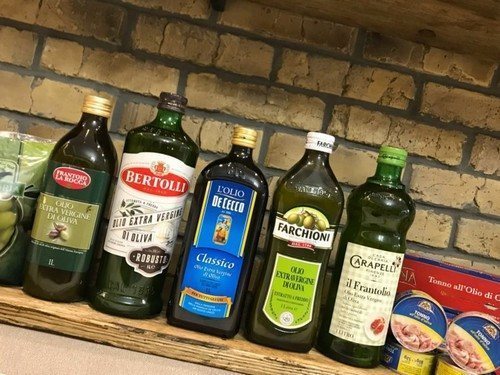
In an effort to stock up on your favorite foods for future use, you should consider your appetite and storage capabilities. In order not to throw spoiled food, and therefore the money spent on it, into the trash, arrange a place to store food (cellar, pantry) or review your shopping list - after all, food can be purchased at any time of the year and day.


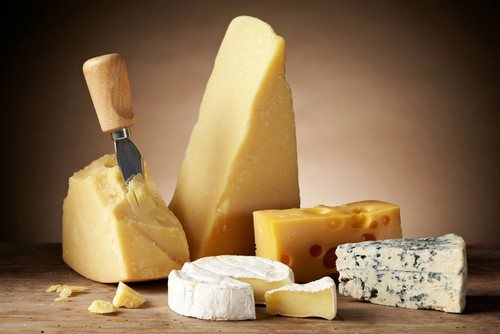

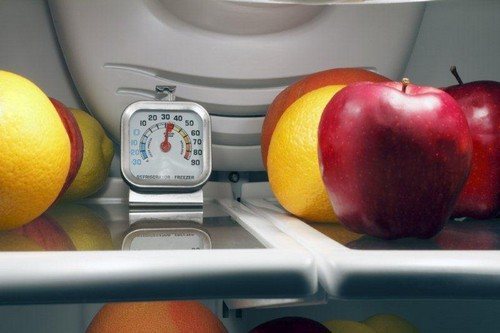


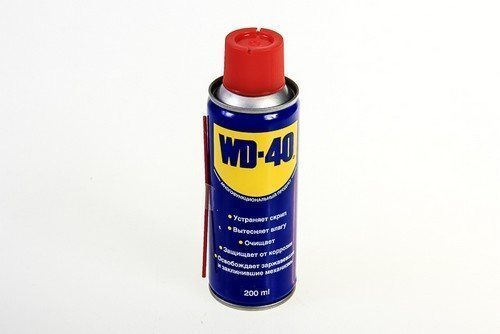


I keep my garlic in storage in the garden all winter at a temperature of plus six degrees and do nothing with it until the next harvest. It retains all its properties and pungency. At home, I keep garlic in the refrigerator because it quickly begins to sprout after storage.
Does the author think that someone would put potatoes in the freezer? Wow...
Interesting about lemons...
And are potatoes stored in the refrigerator at sub-zero temperatures? I didn't know!